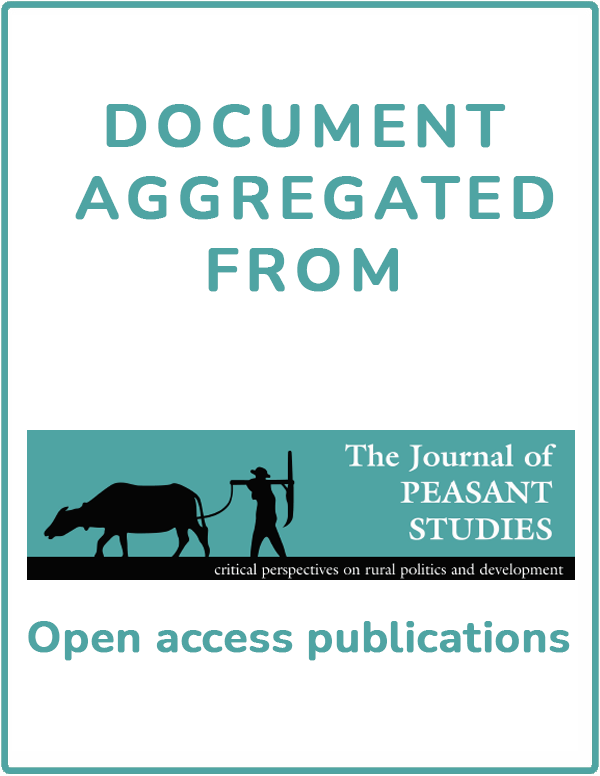Landgrabbing: Contested meanings of land
A recent wave of large-scale commercial investments in agriculture;extractive industries and other land-based sectors has compounded the ‘global resource squeezein low- and middle-income countries. But many communities affected by land rights violations struggle to assert their rights or obtain redress. Demand for legal support outstrips resources and what is available is not always appropriate. Pursuing litigation often presents significant obstacles and risks to the communities involved without offering any certain outcomes.


